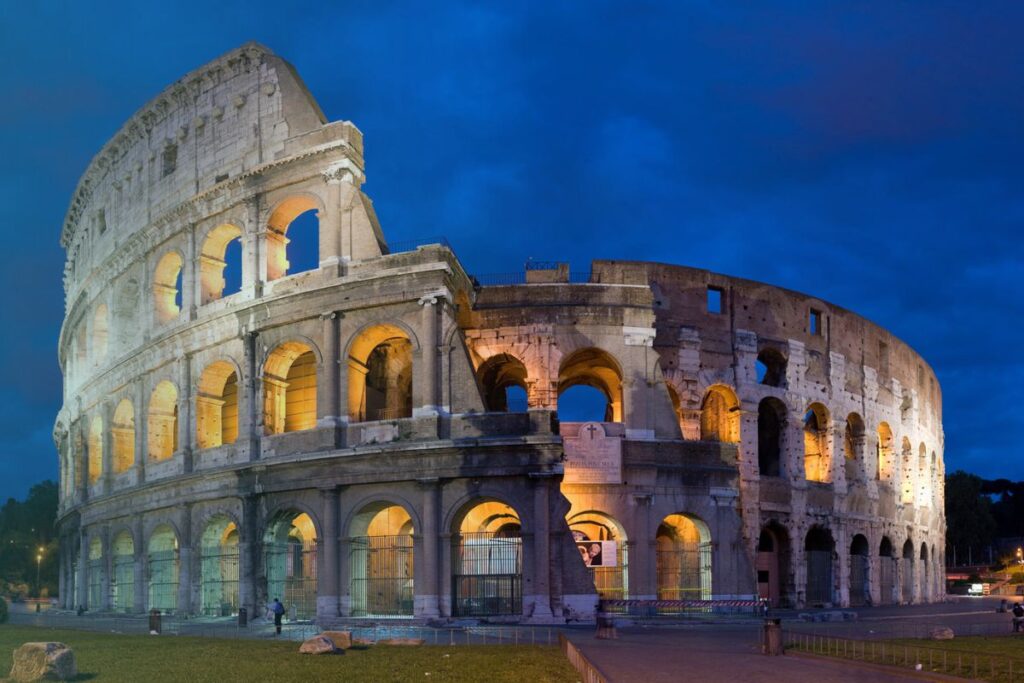
The Son of Man must suffer many things and be rejected by the elders, the chief priests and the teachers of the law, and he must be killed and on the third day be raised to life. Luke 9:22
These Persian noblemen were brought to Rome as prisoners of the Emperor Diocletian after his campaign in Persia. They had been openly practising their Christian faith, ministering to other persecuted Christians and burying the bodies of martyrs. When they were arrested they were asked to sacrifice to pagan gods, but refused to do so. Consequently, they were thrown to wild animals in the Colosseum and then killed by the gladiators.
Under Diocletian, the Roman Empire was at war with Persia in the latter part of the third century. The conflict was over influence in southeast Europe, especially Armenia. The Romans won a decisive victory in the Battle of Satala in 298 and, after this, moved into Persian territory, taking the capital Ctesiphon.
Diocletian began his violent persecution of Christians in 303. Churches were destroyed, the scriptures burnt and Christians ordered to sacrifice to the gods or die. They suffered merciless torture and brutal deaths. Under Constantine, the first Roman Emperor to convert to Christianity, there was peace for Christians from 313 when he proclaimed religious freedom across the empire.
Jesus, the very thought of thee
With sweetness fills the breast;
But sweeter far thy face to see,
And in thy presence rest.
Jesus, our only joy be thou,
As thou our prize wilt be;
Jesus, be thou our glory now,
And through eternity.
Bernard of Clairvaux (1091-1153)







